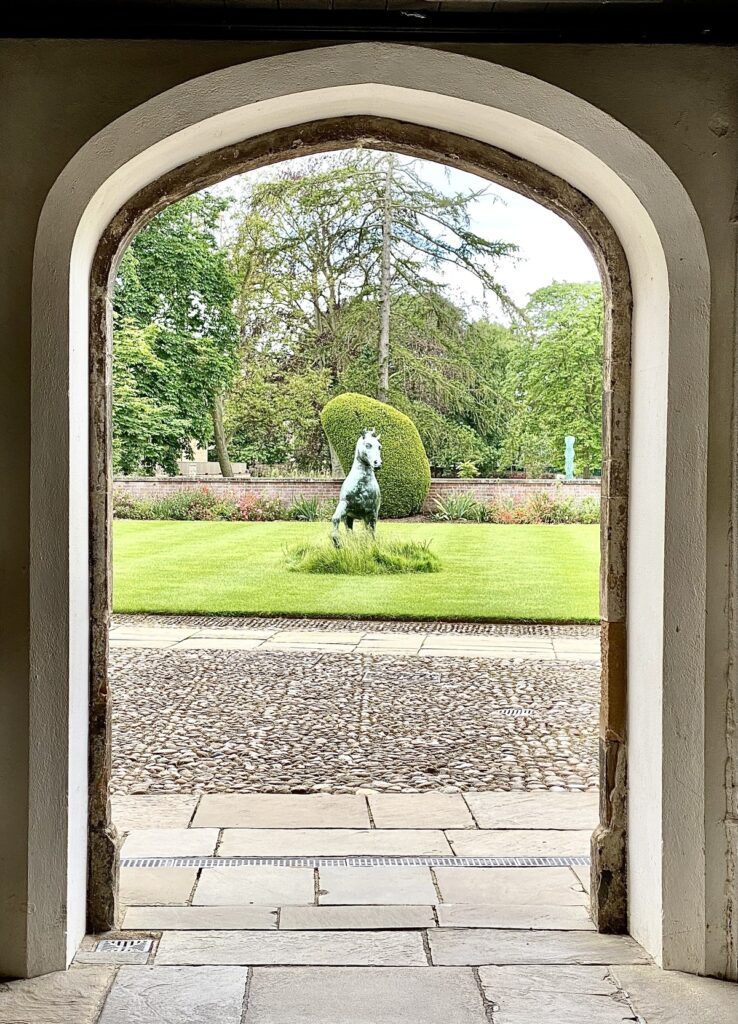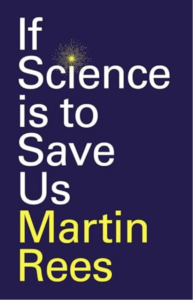Horse bolted, door still open

Jesus College, Cambridge
Quote of the Day
”Once you see the boundaries of your environment, they are no longer the boundaries of your environment.”
- Marshall McLuhan
Musical alternative to the morning’s radio news
Liam O’Flynn, Seán Keane, Paddy Glackin, Arty McGlynn, Rod McVeigh & Paul Brady | Gradam Ceoil TG4 2007
Loveliest set or reels I can think of: The Humours of Carrigaholt (0:00), Mayor Harrison’s Fedora (1:13) & Tommy Peoples’ (2:26).
Long Read of the Day
Ukraine on the ropes
A characteristically insightful recent report from Kiev by Timothy Garton Ash (whose book Homelands I’ve been re-reading and heartily recommend).
As I contemplate a forest of small Ukrainian flags on the Maidan in central Kyiv, placed there by bereaved relatives as a memorial to the war dead, I’m accosted by a burly Ukrainian soldier in combat uniform. He’s with the elite 95th Air Assault Brigade and he has been fighting Russian aggression for more than a decade. “At the moment of victory,” he tells me, “please pour the first glass on to the ground for those who have fallen.”
Gesturing to the seemingly normal life around us in the Ukrainian capital, with young people drinking at nice cafes, almost as though this were Paris or Vienna, he says, “Every peaceful day here costs a lot of lives at the front.” But he chokes up on the last words and his eyes fill with tears. “Sorry, sorry!” he exclaims, embarrassed by this moment of weakness. Then he grips my hand one more time, grasps the straps of his khaki rucksack, and marches off through the civilian crowd like a ghost from the trenches of the first world war…
Europe’s been on a holiday from history since 1945. When Putin invaded Ukraine the video reports looked eerily similar to WW2 footage, except they were now in colour, and I assumed that most Europeans would get the message. They still haven’t, which is why Tim’s perspective is so salutary.
Books, etc.

Martin Rees’s new book.
Blurb:
There has never been a time when ‘following the science’ has been more important for humanity. At no other point in history have we had such advanced knowledge and technology at our fingertips, nor had such astonishing capacity to determine the future of our planet.
But the decisions we must make on how science is applied belong outside the lab and should be the outcome of wide public debate. For that to happen, science needs to become part of our common culture. Science is not just for scientists: if it were, it could never save us from the multiple crises we face. For science can save us, if its innovations mesh carefully into society and its applications are channelled for the common good.
Hmmm… Martin is one of the nicest and smartest people I know, but I can’t see science (or an understanding of it) becoming ‘part of our common culture’ any time soon, especially given our current media ecosystem. I wish it were otherwise.
My commonplace booklet
How news coverage, often uncritical, helps build up the AI hype
Useful piece by Rasmus Nielsen on how journalism is still doing a poor job in covering ‘AI’ (aka machine-learning).
So, perhaps, as Timit Gebru, founder and executive director of the Distributed Artificial Intelligence Research Institute (DAIR), has written on X: “The same news orgs hype stuff up during ‘AI summers’ without even looking into their archives to see what they wrote decades ago?”
There are some really good reporters doing important work to help people understand AI—as well as plenty of sensationalist coverage focused on killer robots and wild claims about possible future existential risks.
But, more than anything, research on how news media cover AI overall suggests that Gebru is largely right – the coverage tends to be led by industry sources, and often takes claims about what the technology can and can’t do, and might be able to do in the future, at face value in ways that contributes to the hype cycle.
Growl. In one sense it’s comforting to have one’s own view confirmed, but it’s depressing because it means that journalism isn’t doing its job properly.
This Blog is also available as an email three days a week. If you think that might suit you better, why not subscribe? One email on Mondays, Wednesdays and Fridays delivered to your inbox at 6am UK time. It’s free, and you can always unsubscribe if you conclude your inbox is full enough already!
